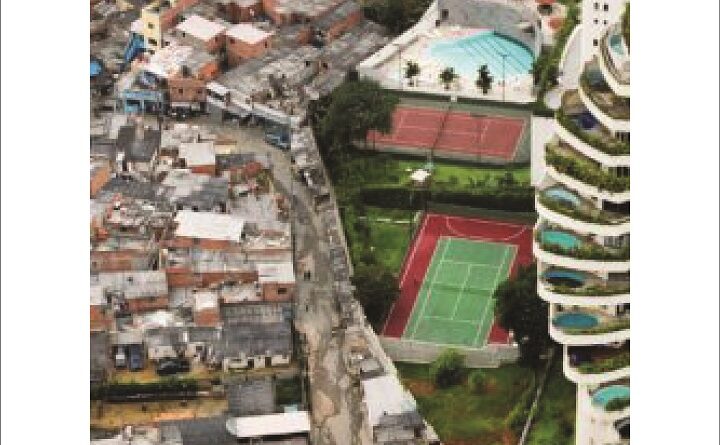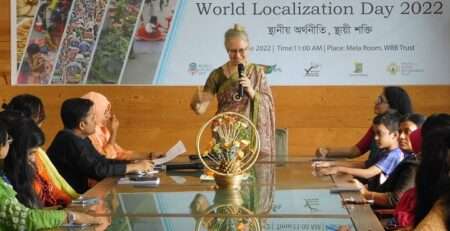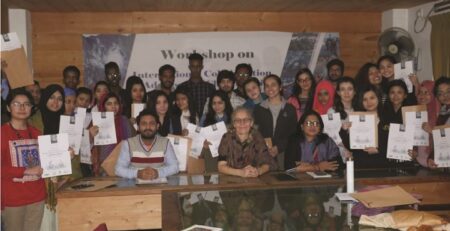What Lies Below
by Debra Efroymson
New York City is a big city with towering skyscrapers and many luxurious homes, shops, and restaurants. It is the economic capital of the United States. Meanwhile, rats run freely underground. The city has literally millions of rats. The city also has a lot of poverty and social problems. Despite all the wealth in the United States, an estimated 50,000 war veterans—just veterans—are homeless in the US. Bangkok is a big city with many luxurious homes, shops, and restaurants. In addition to rats, the city also has a lot of poverty and social problems. There is a temptation not to look too far beyond the glitzy surface of our growing modern cities or to pry too much into the real meaning of “development”, “economic growth”, and “progress”. Like the rats and poverty in New York City and Bangkok, we’d prefer to pretend they aren’t there. But ignoring them does not make them go away. The extinction of ever-more species from the planet. Environmental pollution. Climate change. These are some of the price we have to pay for our progress. Don’t get me wrong; some of that progress is considerable in terms of fighting illness, extending life spans, and reducing poverty in some places. But alongside the advances are lingering problems including homelessness, hunger, and violence. It may be tempting not to question the economic paradigms which, after all, bring us all the glitzy new restaurants, shopping malls, and luxury goods. It may be tempting to look at those who still fall through the rather sizeable cracks as being failures, somehow themselves inadequate, at the most subjects of pity, perhaps more likely of scorn. But we are all affected by the failures: the pollution, the violence, the chaos we have wreaked on our climate and our planet. It’s about time more of us questioned whether the progress we have attained is worth the cost. Could we achieve even greater progress at lower cost? Could we have a system in which people have more value and more voice than giant corporations? The various videos we produce at the Institute of Wellbeing and our book Beyond Apologies all suggest a better way to measure progress and focus efforts. With better goals, we can do far better in achieving genuine progress. The first steps are to recognize what is going wrong and to believe in something far more valuable than a glitzy surface that hides the rot beneath!













Leave a Reply